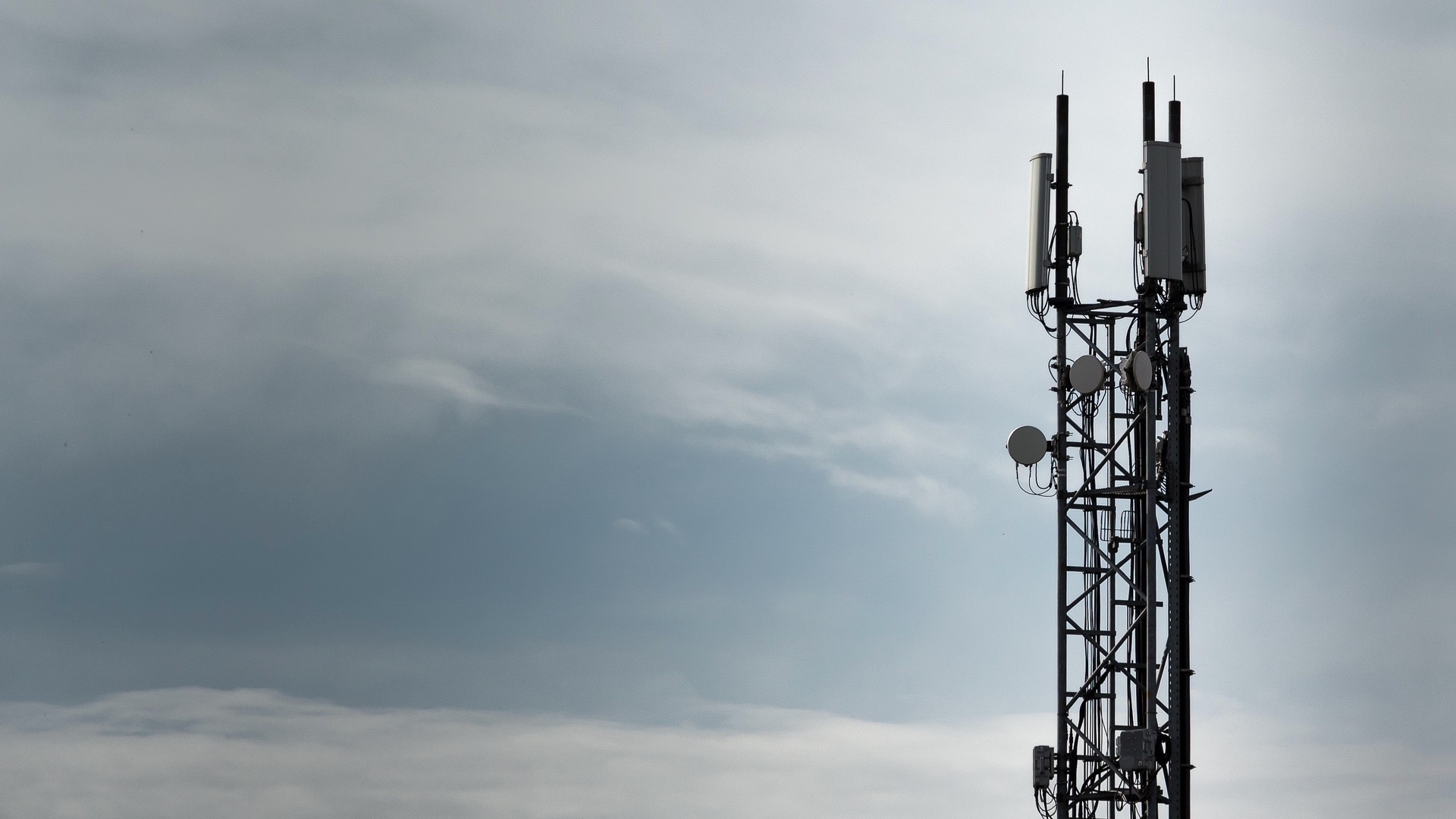The big 3G network phone shutdown: Everything you need to know
It’s nothing personal 3G, but we’ve moved on…

The best camera deals, reviews, product advice, and unmissable photography news, direct to your inbox!
You are now subscribed
Your newsletter sign-up was successful
With 5G cellular phone networks offering supreme mobile speed and reliability rapidly rolling out further coverage, networks are all looking to retire their 3G coverage. Find out why, when, if you’ll be affected an confusingly, why 2G networks are still running…
Why we are waving goodbye to 3G
There are good reasons why networks aren’t just leaving 3G as an outdated option, and they all ultimately boil down to money.
Spectrum, which is the invisible radio frequencies that wireless signals travel over, is in limited supply to mobile network providers. The more spectrum made available for a connectivity type, such as 3G, 4G or 5G, the better the service will be across reliability, speed and coverage. Therefore, closing down the 3G network, will free up spectrum that can be used for modern and more lucrative 4G and 5G services.
Additionally, switching off 3G will allow network providers to get rid of dated equipment and reduce their costs as it’ll be replaced with modern, less power-hungry alternatives for 4G, 5G and 6G for future use.
Why 2G will be around a little longer
It’s quite confusing that 3G is being retired, 2G networks are being left running. The reason behind this is the older GSM 2G technology is a lot less power-hungry, making it a good match for some Internet of Things devices, in particular those that require long battery life.
This said, UK networks have committed to retiring out 2G by 2033. The US is a lot less dependent on 2G technology so has already been phased out by all the major carriers. And it's a similar situation in Australia, where the 2G network was switched off in 2017, getting replaced by 3G and 4G.
What this means if you use 3G services
The biggest problem caused by the 3G shutdown will be for those who live or work in an area that only gets 3G coverage – as they’ll be no coverage after the cut off. This will be more likely an issue for those living in rural locations. Let’s be clear that this will be a rare scenario though as 4G and 5G networks continue to be rolled out and the 3G shutdown will make filling in any coverage holes within those more modern networks much more likely.
The best camera deals, reviews, product advice, and unmissable photography news, direct to your inbox!
If your phone, or device like an old Kindle, only supports 3G, you’ll have no choice but to upgrade in order to stay connected. Phones are getting cheaper all the time and if you don’t want spend a lot, we’ve got you covered with our burner phones and budget phones guides.
As well as phones and devices, cars will be affected too – mainly those made between 2010 and 2021, which use 3G for smart services such as navigation systems. However, a lot of this will be solved via software upgrades and some will even update wirelessly.
The big 3G shutdown date
Here’s where it gets a bit confusing – there is no one 3G cut-off date. Different mobile networks will end their 3G services at different times – some have confirmed when this will be and some haven’t, yet.
In the US, the situation is the clearest as AT&T. Sprint, T-Mobile and Verizon all switched off their 3G services at different points last year.
All UK networks have agreed to switch off 3G completely by 2033 but in reality they are all doing it much, much sooner - with some starting the process now. Dates from the UK mobile network operators that have been announced so far are:
Vodafone UK will switch off all 3G services by December, starting from February. 3 will start closing of its 3G network this year, aiming to complete the process by the end of 2024. EE will start the 3G switch off in 2024. And finally 02 is yet to announce any shutdown ahead of the 2033 deadline.
It’s a similar story in Australia, with different dates for each operator. Vodafone Australia will switch off its 3G network on December 15, 2023. Telstra has announced its shutdown will be in June 2024. Optus' 900MHz 3G service continues, with no final shutdown date yet announced.
Read more
Best iPhones for photographers
Best USB-C hubs
Best camera phone
Best budget camera phone
Best dumbphones
Best camera for TikTok
Best camera for Instagram
Rachael is a British journalist with 18 years experience in the publishing industry. Since working on www.digitalcameraworld.com, she’s been freelancing, and contributing to some of the world’s best-loved websites and magazines including T3.com and TechRadar.com and has also had a book, iPad for Photographers, published. She's currently acting as editor of 5GRadar.com - a website specializing in the latest cellular technology.
- Chris GeorgeContent Director

